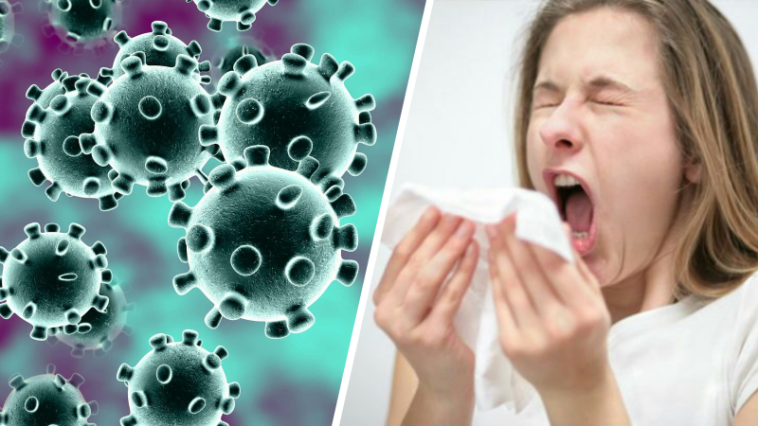It’s extraordinary to think that just over 2 months ago, Coronavirus (Covid-19) hadn’t even been discovered. Since then, tens of thousands of people have been affected by this novel coronavirus and many hundreds have sadly died from it. The World Health Organisation has declared it a “public medical health emergency of international concern” and the lives of millions of people living in China have been turned upside down.
But how much should we worry about in the USA?
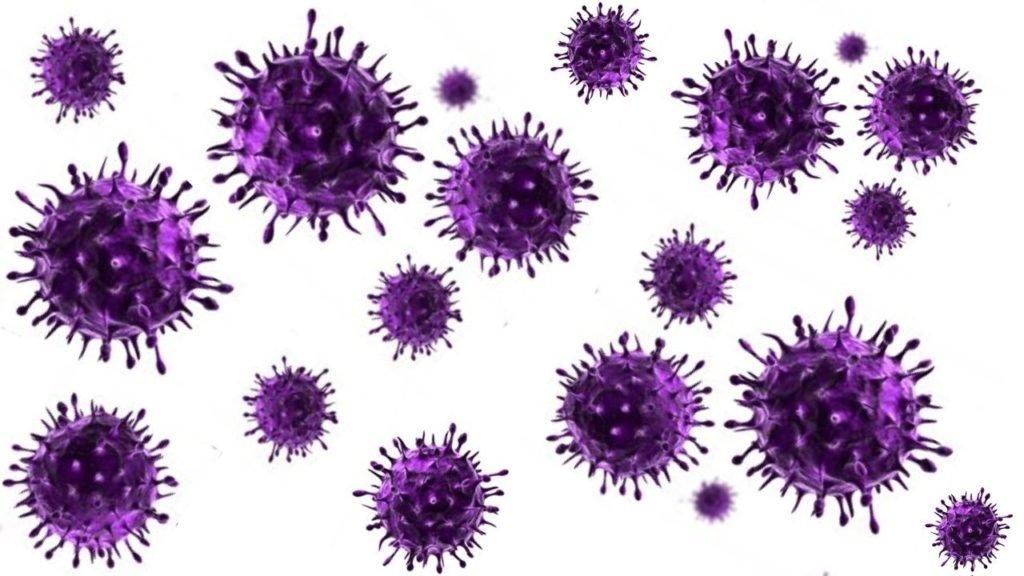
Coronavirus isn’t new. The virus commonly affects animals and, like many viruses, comes in several types. Covid-19 is the seventh type of coronavirus known to affect humans. The coronavirus first came to prominence in 2002 with the SARS outbreak which affected 8.100 people and killed 1 in 10 of those who caught it. In the last decade, we had MERS – the Middle Eastern variety – which was even more deadly. This version probably came from bats but has adapted to spread between humans. Most people catch it from someone who has symptoms. However, there have been a few cases where it has been passed on by someone who has been infected but doesn’t feel ill. It was first found in Wuhan. the capital of Hubei province in China.
The vast majority of people diagnosed are in China. It looks like you can only catch it from someone who was exposed to it within the last 14 days. It seems this latest version isn’t as deadly as previous coronavirus outbreaks. About 95% of those who have been diagnosed with the virus have recovered, and most are back to normal within a week or so. Older people and folk with long term health conditions like diabetes, COPD or cancer are more likely to suffer serious complications. So are people with weakened immune systems – for instance, people having cancer treatment or taking high dose steroids.
The Centers for Disease Control and Prevention (CDC) has raised the risk of coronavirus to “moderate”, but in fact, you’re very unlikely to be affected unless you’ve been to China recently. Even so, it’s important to know who’s at risk, what to look out for and what to do if you think you’re at risk .

CORONAVIRUS -WHO’S AT RISK?
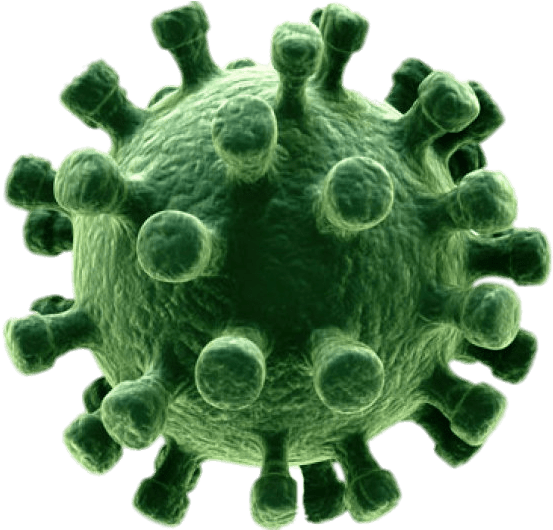
People at risk include anyone who has been to China, Thailand. Japan, Republic of Korea, Hong Kong, Taiwan. Singapore. Malaysia or Macau in the last 2 weeks. If you develop a mild fever. cough and breathlessness, you need to take action. You’re also at high risk if you’ve been in contact in the last 2 weeks with someone who has since been confirmed as having coronavirus, even if you feel well.

I’M AT RISK -WHAT SHOULD I DO?
If you think you may be at risk. don’t visit your GP and don’t go to a hospital until you’re advised to do so. Call 800-232-4636 immediately, give them your symptoms and follow their advice. Stay at home – that includes not going to work, school or public areas. Where possible, avoid having visitors to your home, although it’s OK for friends, family or delivery drivers to drop off food.

CORONAVIRUS THE SYMPTOMS
Symptoms of Covid-19 often start as a bad cold. Fever, coughing, and shortness of breath tend to be some of the early symptoms. although you may also get a runny nose and sore throat as well. If the infection becomes more serious. the breathlessness and fever are likely to get worse. You may also cough up blood or rusty-colored sputum or become dizzy or confused.

The USA has taken many steps to reduce the risk of people being affected:
- Several major airlines have suspended direct flights from China to the USA.
- All travel out of Hubei province has been suspended.
- When people do arrive in the USA, there are announcements about the importance of letting airport staff know if they have symptoms. Medical teams are on hand, isolating passengers if they have any suspicions.
- Every USA doctor has detailed instructions on how to isolate someone safely if they suspect they may be affected.
- The Foreign Office has recommended that nobody travels to China unless their travel is essential, and nobody should travel to Wuhan or Hubei province at all.
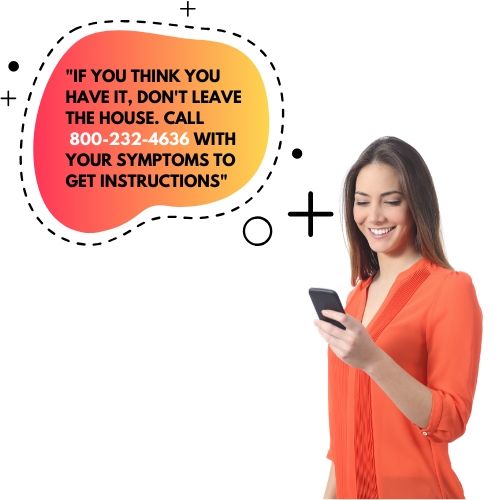
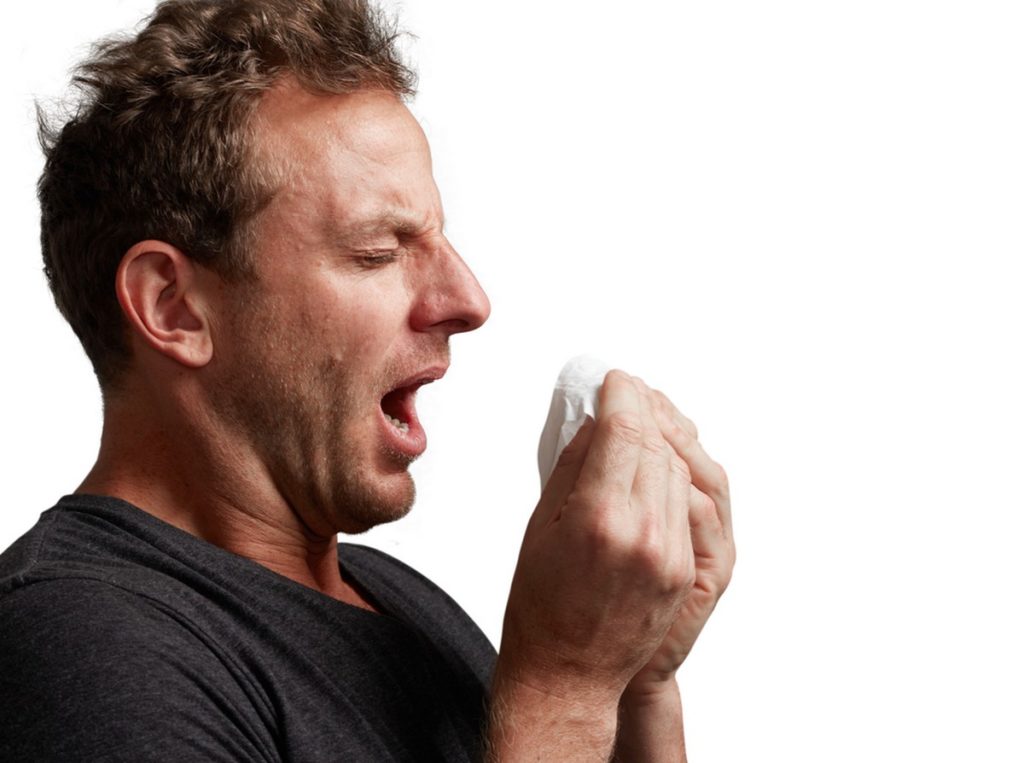
There are general steps all of us can take to reduce the risk of catching any viruses. Hand hygiene is key droplets containing the virus land on surfaces if someone sneezes and you could pick them up.
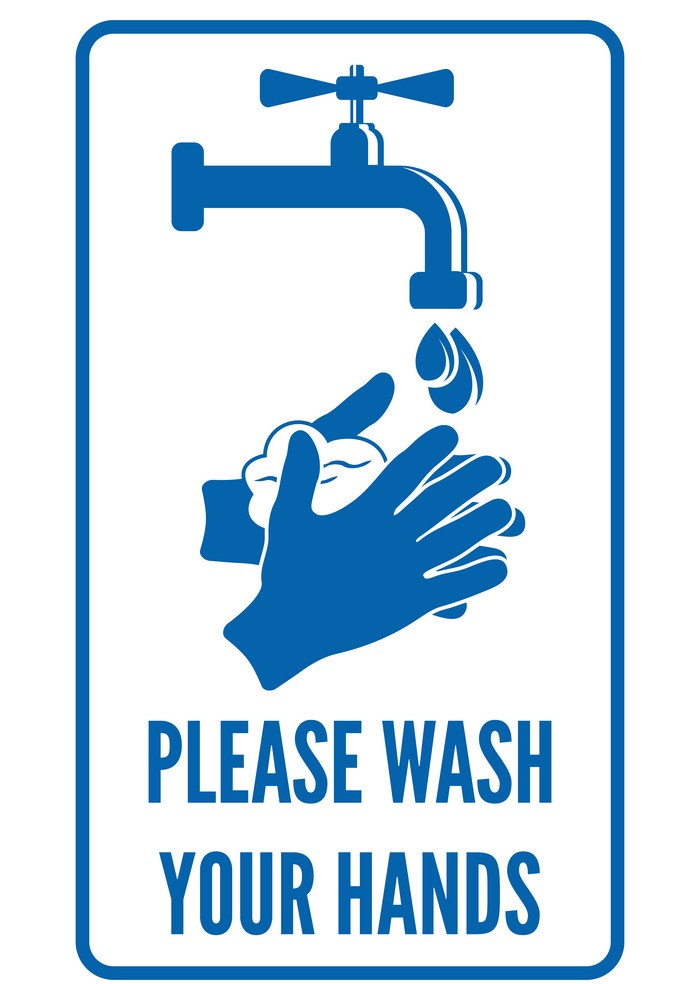
So wash your hands regularly, and especially before you eat. If you can’t get to a sink, carry antibacterial hand cleanser with you. If you do sneeze, always cover your mouth and nose with a paper tissue, then dispose of the tissue in the bin.
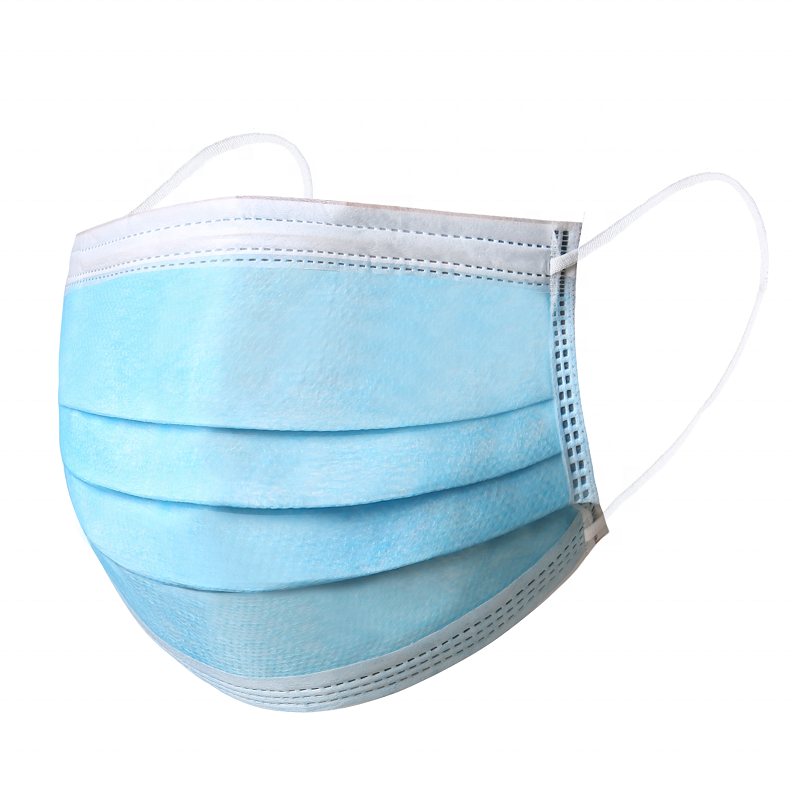
You’ll probably have seen lots of pictures of people in China wearing face masks in fact, they do little or nothing to protect you.
